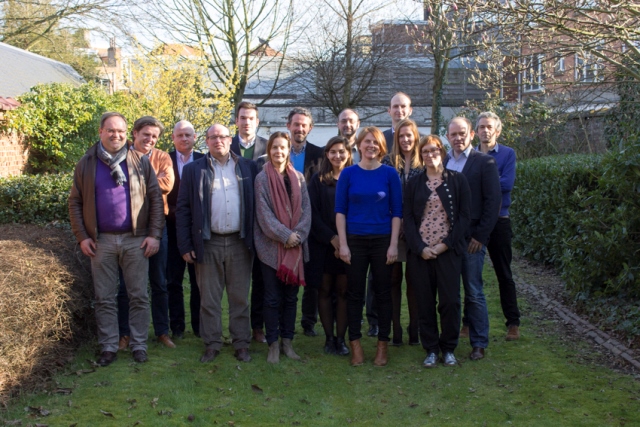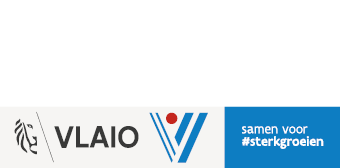Delivery by private individuals
With Crowd Logistics, ordinary citizens – individually or collectively – organize the shipping of parcels in the course of their normal movements. A technological platform is generally used for this.
This new trend should not be ignored. The first pilot projects have already been set up abroad, by new actors (e.g. Uber Rush – US, Instacart – US, Parcify – B) and established companies (e.g. My Ways from DHL, On My Way from Amazon).
Opportunities?
The aim of this project is to demonstrate to companies the opportunities – rather than the threats – of crowd logistics by clearly revealing the economic and social impact based on workable business models. This will be achieved through concrete calculations of return on investment, impact analyses and practical testing.
















